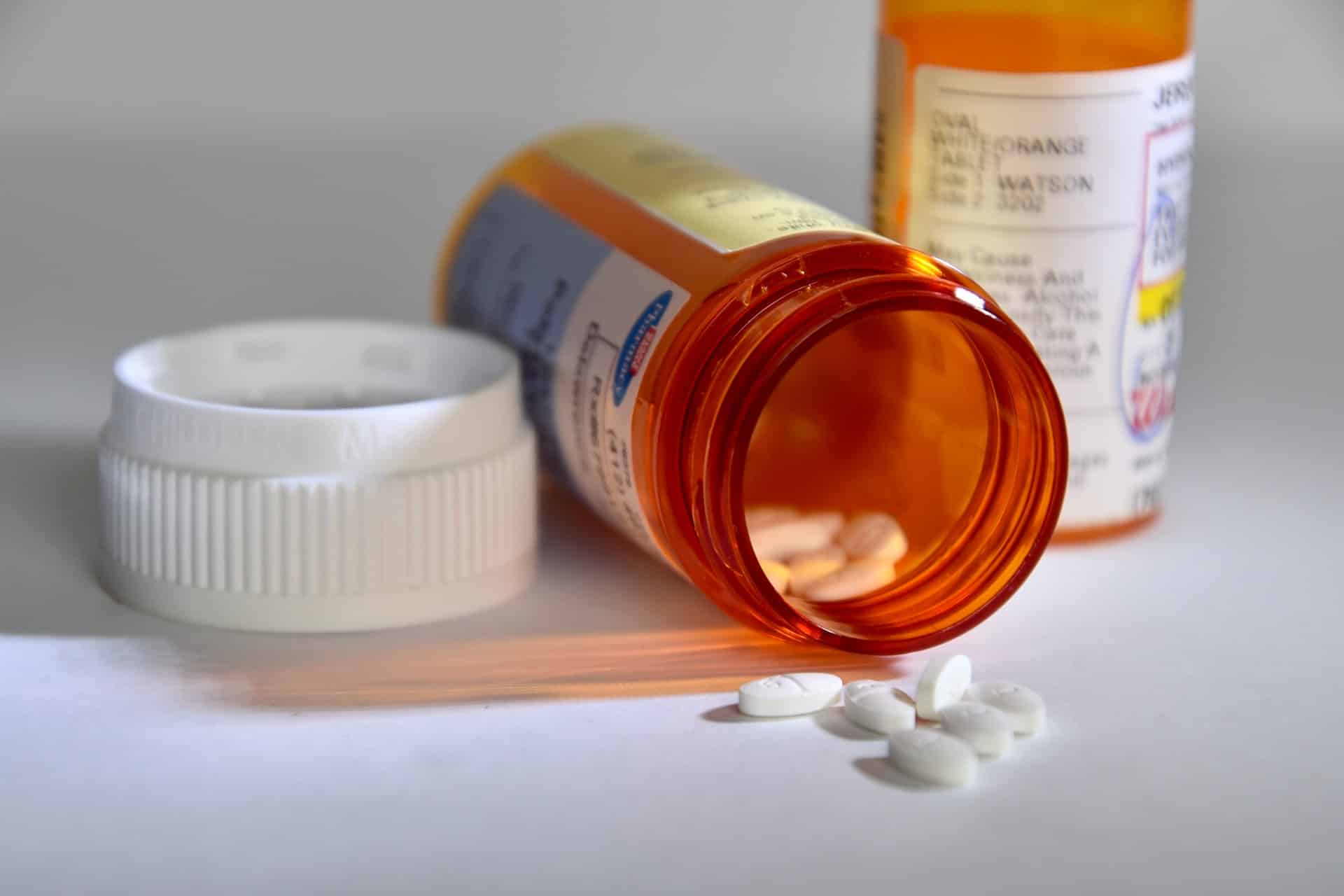Many people swear by them—including me. Here’s the latest.
In the addiction treatment world, a professionals program is aimed at teachers, nurses, doctors, lawyers, business executives, and others in traditionally white-collar fields. It’s normally administered in one of two ways: Either the treatment center is dedicated entirely to professionals, or the center runs a program or “track” for professionals as just one of its offerings.
At Lakeview, we take the second approach. We have a track for professionals, but we offer many others as well, including those for gender-responsive treatment, dual diagnosis, pain, and trauma.
I’m a huge proponent of our professional’s track, and the concept in general. In fact, I ran our professionals track until recently, and we’ve had a lot of success with it.
With this post I’d like to briefly explain the theory and practice of a professional’s program, and what to look for in a good one.
First of all, here’s what a professionals program isn’t
Some people think the whole idea of an addiction treatment program tailored to professionals is elitist. I disagree. It’s simply a way to customize treatment to certain individuals—in this case, those in professional jobs—so they get the most effective care. Patients in a professionals program get intensive therapy, are held accountable, and work just as hard on their recovery as anyone else.
If patients come into a professional’s program thinking they’re going to get the kid-glove treatment, they’re usually disabused of that expectation pretty quickly. Bottom line is, the people in these programs have the brain disease of addiction, and they’re trying to get better. That requires a lot of hard, honest work. In addiction treatment, there are no shortcuts for executives.
5 keys to a successful professionals program
Here’s why these programs work:
- We address the “infallibility complex.” Many professionals who come into treatment are used to being in charge and in control, and they’ve gotten used to being successful for their entire lives. Therefore, it can be hard for these patients to admit that they’re hurting and need help. They’re not used to feeling vulnerable, and asking for assistance.
That’s a humbling realization for a lot of professionals, but it’s a necessary starting point for recovery. Therapists who are trained in these issues can then help patients regain their confidence, rebuild their lives, and most important, get a handle on their addiction.
- You normally get a patient advocate who knows the deal. These patient advocates have expertise in the professional workplace and can help patients a lot during their time in treatment, and once they’re discharged.
Whether that means being a liaison to your boss or HR department, or helping you with paperwork for your professional oversight board, the point is to help you keep things going on the work front so you can concentrate on your recovery.
- You get used to real accountability. Professionals programs tend to come with a strong personal responsibility component. They make it really hard for you to hide and to isolate while in treatment. No one gets to stay up in their perch. You learn the power of building a strong self-help network of people you can trust who have been there, found recovery, and will help stay accountable to yourself and others.
Professionals with safety-sensitive jobs like pilots, nurses, and doctors tend to have mandatory drug testing and other forms of monitoring once they leave treatment. A professionals program gets you ready for those requirements, so you’ll know what to expect.
- There’s a heavy emphasis on job re-entry strategies and coping skills. High-stress, high-responsibility jobs can be especially difficult to return to once you get sober. The old alcohol- and drug-infused strategies for dealing with stress and with co-workers are no longer an option, so now what? How do you cope? A professionals program sets you up with a new set of skills and strategies that empower you to thrive in your job in healthier, more productive ways.
- We can help you find true success. A good-paying job. Social status. A big house and yard. Overseas vacations. Great clothes. Those things are all well and good, if but they’re how you measure your self-worth, but meanwhile, you feel worthless because of your addiction, that’s not a good place to be. Those markers of success will feel hollow. A professionals program helps you zero in on your addiction and the other issues or mental health conditions that may be holding you back. This can help you get your life and health back, and free you up to find the true meaning of success.
A professionals program does not guarantee success, and it isn’t a panacea. Those things don’t exist in addiction treatment. But it can be a powerful, tailored, comprehensive strategy for finding the long-term recovery you deserve.



